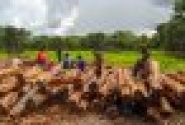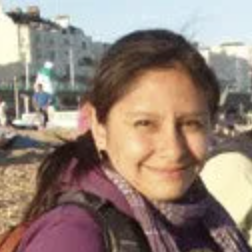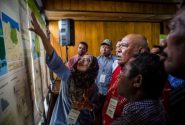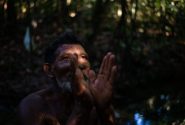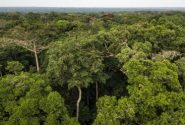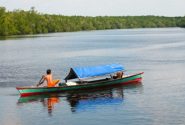LIMA, Peru (7 March, 2012)_ Since the 1980s, several countries worldwide have recognised community rights to forests, resources, resource revenues and land titles. Now, in order to maintain access to and control of their land and resources, communities must form legitimate, representative and accountable leadership to represent their needs and interests, says a recent CIFOR study.
“In the recognition of rights to forest or land, issues of authority and its role within multileveled governance institutions needed for territorial management should not be ignored or treated lightly, as it strongly influences the control of land, resources, and political power” said Peter Cronkleton, senior scientist at CIFOR and co-author of the study Who Represents the Collective? Authority and the Recognition of Forest Rights.
However, it is not always easy to forge a legitimate and accountable entity to represent those whose rights are recognised – sometimes resulting in conflict or a failure to expand access to rights for the entire community.
“Most people assume that such entities already exist. But in many cases land rights are granted at a new multi-community territorial scale with no pre-existing governance structure. Forging new leadership across this scale, which may include diverse ethnic groups and cover vast areas with little internal communication, is a substantial challenge,” said Anne Larson, a senior associate with CIFOR and co-author of the study.
The authors analysed traditional institutions and new authorities that represent collectives in Nicaragua, Bolivia, Ghana, and the Philippines. The Philippines case offered an interesting example of balance between traditional and new, elected institutions, facilitated by a trusted “external broker”, and in which accountability and transparency were clear aspects of representation. But the territory was much smaller and the communities more homogenous than in the Nicaragua and Bolivia sites.
In all four countries, the collective representative holds important powers. For example, in indigenous territories in Bolivia and Nicaragua, leaders can sign contracts with external companies interested in forest and other resources, acting as legal representatives of community interests.
Communities may be dependent on their authorities for access to land and resources, and for political representation, but new authorities, or traditional authorities in new roles, may not prioritise collective needs over other interests.
The power these entities have over collective resources can make them targets for outside players seeking control over the people and their resources.
“Effective representation requires transparent rules of the game, including broad agreement on how representatives are chosen and their specific domain of powers, and the incorporation or design of appropriate accountability mechanisms. It takes time to construct legitimate authority, especially over complex territories,” concluded Larson.
We want you to share Forests News content, which is licensed under Creative Commons Attribution-NonCommercial-ShareAlike 4.0 International (CC BY-NC-SA 4.0). This means you are free to redistribute our material for non-commercial purposes. All we ask is that you give Forests News appropriate credit and link to the original Forests News content, indicate if changes were made, and distribute your contributions under the same Creative Commons license. You must notify Forests News if you repost, reprint or reuse our materials by contacting forestsnews@cifor-icraf.org.



